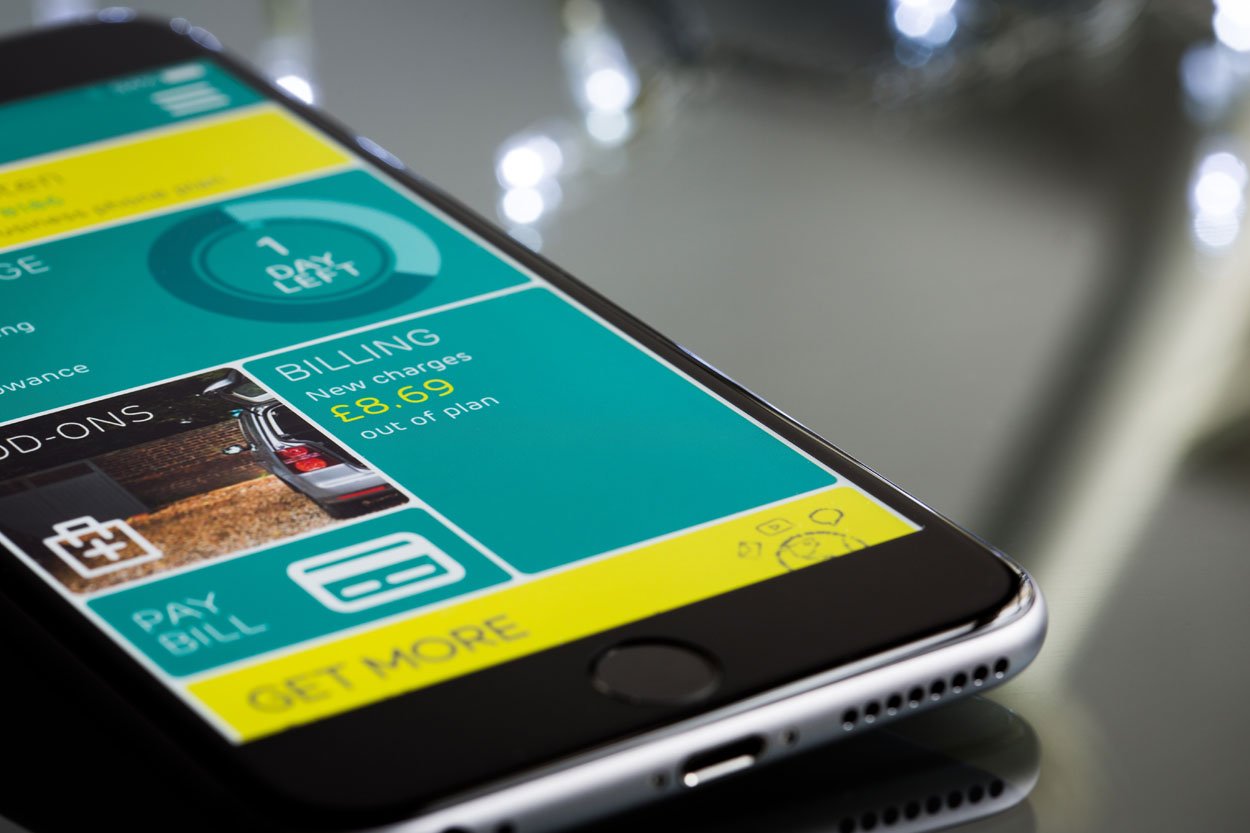
What is to Be Done with Mobile Payments Security? Whereas the number of mobile wallets is about to reach 200 and the competition between major mobile payment providers to peak, an average Joe is still to choose between Apple, PayPal, Google Hangouts, Boku, and dozens of regional solutions. But how to select the best mobile wallet in all that versatility? Which gateway is able to ensure a lightning-fast checkout and utmost convenience? Are there any life-hacks? Finally, what are the risks?
Numerous factors should be taken into account when addressing the questions above: quickness of payment, app UI, fees, reward, bonus programs, etc., but there’s one single quality that you must never overlook – security. And if you doubt this, here’s the statistics: about 70% of Americans are concerned about protection against cybercrimes; the same number of respondents are worried about becoming victims to ID theft; and only one in five Americans assumes he or she can be a victim of terrorism, sexual assaults, or attacks while driving.
Security and privacy mean everything in the modern world and the global mobile payment market in particular. That is security that stands between global adoption and fear. That is security that global brand to spend millions of dollars on. That is security to be put above all when selecting your mobile wallet.
Alipay and WeChat Pay to Lead the Eastern Game
Alipay and WeChat are the biggest breakthroughs in the Eastern mobile payment market. The two undisputed leaders have managed to attract more than a billion users each in the last decade. But the real question is, why does China win the game over Europe and the US, the regions with much higher mobile, Internet, and technology penetration?
The answer to this is simple and obvious: demand. On one hand, the majority of customers tend to be conservative, choosing payment solutions of the biggest brands that they believe are reliable and secure. On the other – the penetration of credit and debit cards among Chinese customer were so low that the lion’s share of them was glad to accept a new gateway allowing fast, secure, and cost-effective payments.
This case illustrates that a) even the biggest markets have some gaps to fill; b) clients are prone to choose new and more convenient technologies proved to be secure and advertised well. Sometimes that takes time, though.
Micropayments
While Apple Pay and Google Pay are competing in the field of regular payments, a totally different story can be told about micropayments. You may not be aware of them, but these small transactions are very popular in some niches, for example, gambling, or penny purchases in online stores. Here comes Boku – an electronic wallet accessible from mobile. Indeed, with such functionality, casinos accepting deposits with Boku are a splendid alternative for gamesters, as they require neither card details nor mobile number. Funding your Boku account can be done via prepaid airtime or monthly payment bill. In other words, the payment is deducted from your mobile balance or added to the next phone bill; as a result, you can micro-pay via your smartphone in a totally secure way! Splendid, huh?
Security Breaches to Be Aware of
In most cases, though, micropayments aren’t enough to satisfy customers’ needs. And here comes Apple Pay, Google Pay, or Paytm, all saving your credit or debit card data. Though all these solutions are quire convenient – you do not have to re-renter the details (card number, expiry date, CVV) twice – there’s a certain risk of being hacked if you type the data in for the first time using public Wi-Fi.
Another issue is application clones. Though Google Play and App Store check and remove malicious duplicates, as well as provide the required protection for users when they download apps, there are still some ‘loopholes’ allowing fraudsters to disguise the harmful app. What happens next is easy to guess: the user sends his banking details right to cyberspies.
The battle against fraud and scam in ongoing: for example, the Chinese government has recently forced users to submit to facial recognition scans when registering new SIM cards. By this measure, the government wants to protect the rights and interests of digital users. Naturally, the obligation raised concerns about data privacy, but only the time will tell whether the authorities made the right decision.
Your Mobile Device is Equally Important
Last but not least, a modern smartphone with updated software is no less important than a reliable mobile payment system. Typical protection layers for a secure mobile device include face scanners, geofencing, fingerprint scanners, voice recognition, etc. The synergy of a quality smartphone and payment application is much likely to guarantee you smooth and enjoyable checkout and online payments.


Be the first to comment